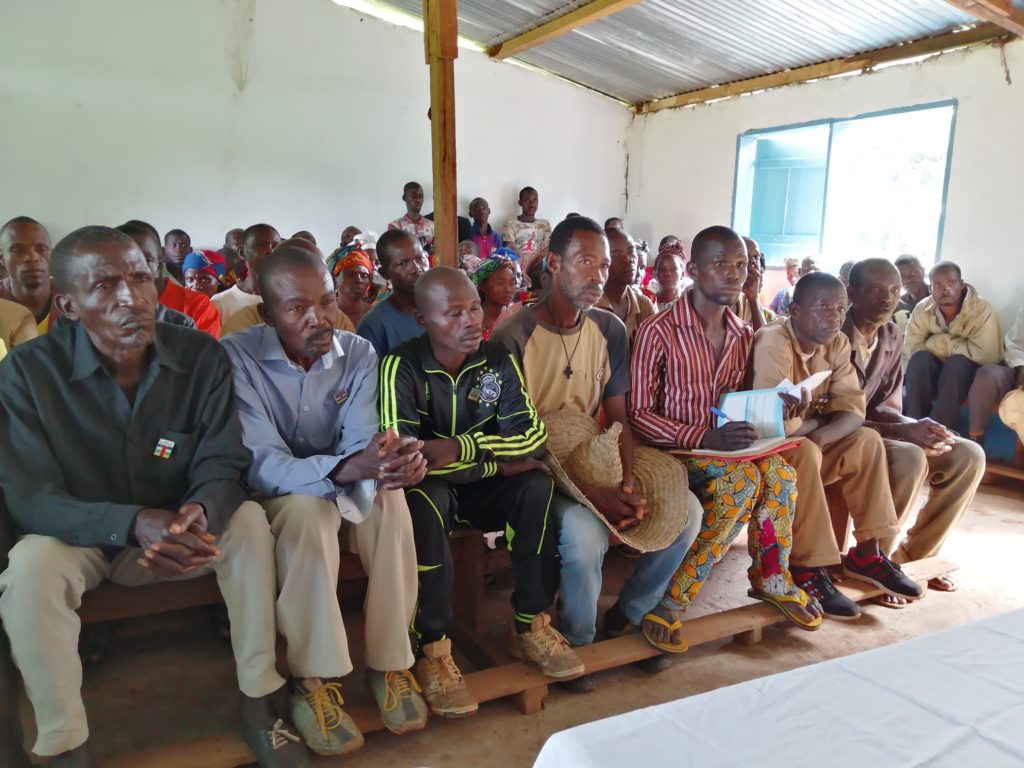Locate capacity building tools
Experience shows that many training courses in the humanitarian field are often reduced to technical content aimed at implementing elements of projects developed by ‘outsiders’ (people with real expertise but whose application is not adapted to the realities and appearing literally fallen from the sky for the local partners). They seek to reinforce individual rather than collective skills, without taking into account identity, prior knowledge or the specific training needs of the organization in order to give it the means to develop. They are often designed as a single workshop, in the ‘top-down’ mode of ‘one size fits all’ and ‘plug and play’. They often have a short-term operational objective linked to a particular need for a project or an administrative approach (use of form or type of report).
Training courses in the humanitarian field are often reduced to technical content aimed at implementing elements of projects developed by ‘outsiders’
To meet localization objectives, joint training should incorporate existing knowledge based on the practices, experiences and real needs of national organizations to empower them to assume their responsibilities and become local leaders. This includes strong peer mentoring, individual and field coaching; strengthening the culture and attitudes of change on the basis of gradual and adapted changes. An attitude of training by doing is encouraged to develop inter-organizational ‘communities of practice and learning.
Training should incorporate existing knowledge based on the practices, experiences and real needs of national organizations
CERAR offers its own localized contextualized support method designed and built on a collaborative, inclusive and interactive learning-action pedagogy. The existing knowledge of local organizations and international organizations is systematically integrated and synergized to ensure that training is adapted to the needs and levels of these organizations. To complete each training cycle, a contextualized “toolbox” is created which serves as a quick reference guide for staff to support daily operations. Allocating time for reflection is essential for a gradual and proximity approach respecting the learners’ pace.
